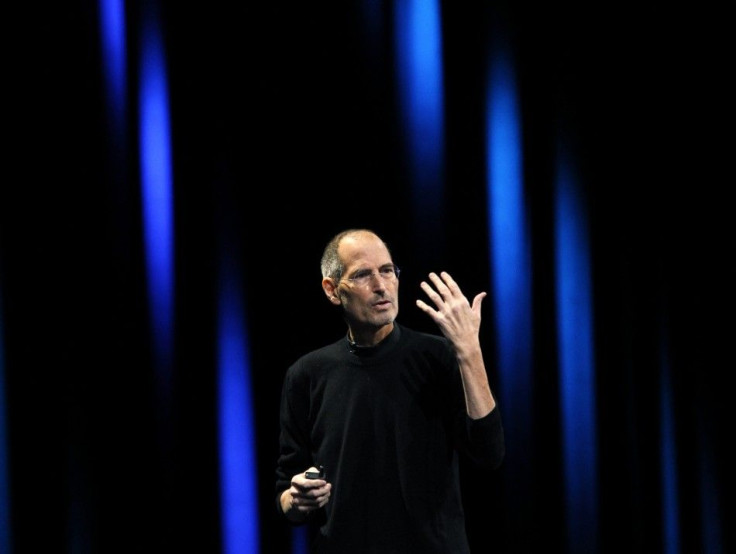Apple, Google poised to dominate as duopoly forms

The 'big-3' of the mobile arena -- Motorola, Nokia and RIM -- are struggling to maintain relevance as they increasingly lose ground in what looks to be an emerging duopoly between Apple and Google.
This week was a big one for tech as Apple rolled out new features that further distance itself from competitors. On the other hand, the big-3 companies were hit with increasing Wall Street scrutiny, even as pressure from other manufactures heats up.
The once venerable phone makers are being beaten in the lucrative smartphone business , by Samsung and HTC in multiple markets, according to research firm Gartner.
The damage this does is 2 fold. On one hand they are losing market share.
In the first quarter, HTC increased its share of the U.S. smartphone market to 19 percent , from 10 percent in the quarter a year earlier. Samsung's share rose from 7percent to 10 percent .
RIM, however, dropped to 15 percent from 41 percent in the same period, Nokia's share dropped from 3 percent to 1 percent and Moto's share dropped from 14 percent to 9 percent , Gartner's data show. Apple, meanwhile, increased its lead from 22 percent to 27 percent .
On the other hand this is adding another problem: as Samsung and HTC encroach ever deeper into the mobile market, they are at the same time proliferating Google's Android platform.
The market, then, in the U.S. is split between Apple's one-third of sales, and the combined force of Samsung and HTC, representing 29 percent. That means that nearly two-thirds of smartphones being sold in the U.S. run either Apple's software, or Google's. Everything else is dying.
Adding insult to injury, this week Apple announced its new iCloud platform, a move that further cements its position as consumers demand more from their smartphones than simple hardware.
Apple has long since defined the user experience with the hardware and iTunes serving the media to consume. The iCloud now takes the PC out of this equation and lets users just buy the phone, but still pay Apple for content and apps.
Google offers Motorola applications through its Android Marketplace, but that does not amount to true content that Motorola can sell to the masses.
Nokia, for its part, tried and failed to deliver such a so-called ecosystem of services.
RIM, which practically invented the notion of coupling a gadget to an online service, so far hasn't articulated anything that would match Apple's offering.
All in all, prospects look dim unless you're Apple or Google.
© Copyright IBTimes 2024. All rights reserved.





















